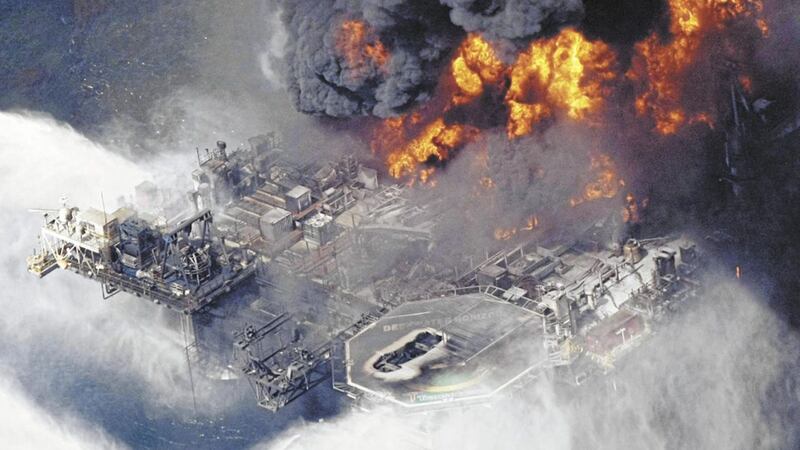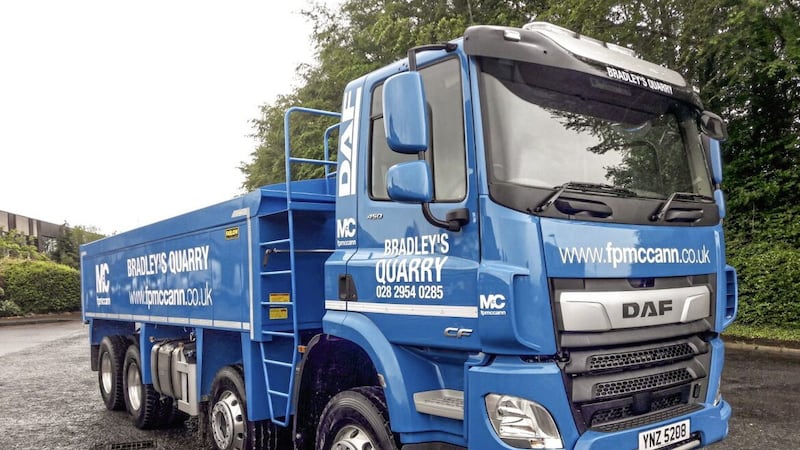THE Bank of England has again voted unanimously to leave interest rates unchanged at their historically low level of 0.25 per cent. It's an environment lasting a great deal longer than anyone would have predicted when rates first dipped to 0.5 per cent in 2009 and then last year they were reduced further.
This is obviously hugely beneficial for those who are borrowing money, hence the amount of debt has risen sharply, as has the size of the average mortgage related to income. But it's not such a favourable environment for savers.
The safest of all investments, we are always told, is cash. It will not see volatility in the way other investments (such as equities) do, but it is not always worth the same when inflation is taken into account. Prices (as measured by the consumer prices index) are currently rising at 1.6 per cent a year.
This means that any cash account that has a rate of interest less than this is essentially going down in value. For many people the bedrock of their savings has been a cash ISA, but the unpalatable truth is that the highest yield you can expect is in the region of 1.35 per cent and this is likely to involve it being “locked up” for a few years. In fact many ISAs yield as little as 0.1 per cent. Either of these essentially means the saver is losing money over time.
There has always been a trade off between risk and return and these days equities are classified as ‘high risk’. Risk is often defined as volatility and it is clear that it can be nerve-racking to watch the vagaries of the stock market. Of less risk are government bonds, commonly known as “gilts” or “gilt-edged securities”, as the government is seen as a very good creditor.
However, in recent years the yields have fallen dramatically due to heavy buying in the market by the central bank as part of the quantitative easing programme and the reality is that the 10-year gilt now has a yield to redemption of less than 1.5 per cent - also less than the rate of inflation.
It is therefore necessary to move up the risk spectrum to find a yield that will give a “real” return over and above inflation. Corporate bonds are loans to companies, graded according to the risk of defaulting on the loan and for a fund, yields can be well over 3 or 4 per cent, or more if you are prepared to invest in lower quality companies.
Then we come to equities. In a UK income fund yields are commonly between 3 and 4 per cent, giving a spread of investments (and therefore risk) and for a global fund it is usually a little lower, closer to 2 to 3 per cent.
Individual equities can yield more: Royal Dutch Shell, the oil company currently has a yield of over 7 per cent. There is risk attached to this, though, with the possibility that the company could reduce its dividend payout and also the capital value could go down, especially if things go wrong –such as with BP and the horrific oil spill of 2010. Ultimately it comes down to an individual’s appetite for risk, but it is a question more people may have to consider.
:: Cathy Dixon is a director at the Belfast office of Cunningham Coates Stockbrokers, a trading name of Smith & Williamson Investment Management (SWIM). This article does not constitute a recommendation to buy or sell investments and the value of any shares may fall as well as rise. Investments carry risk and investors may not receive back the amount invested. The views expressed are those of the author and not necessarily of SWIM.







